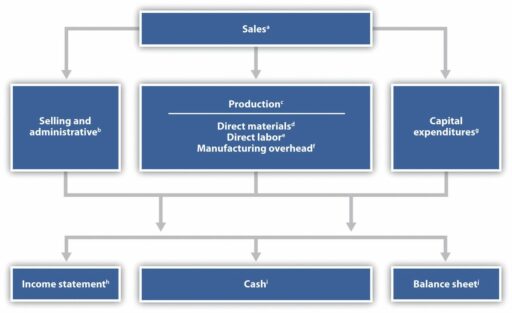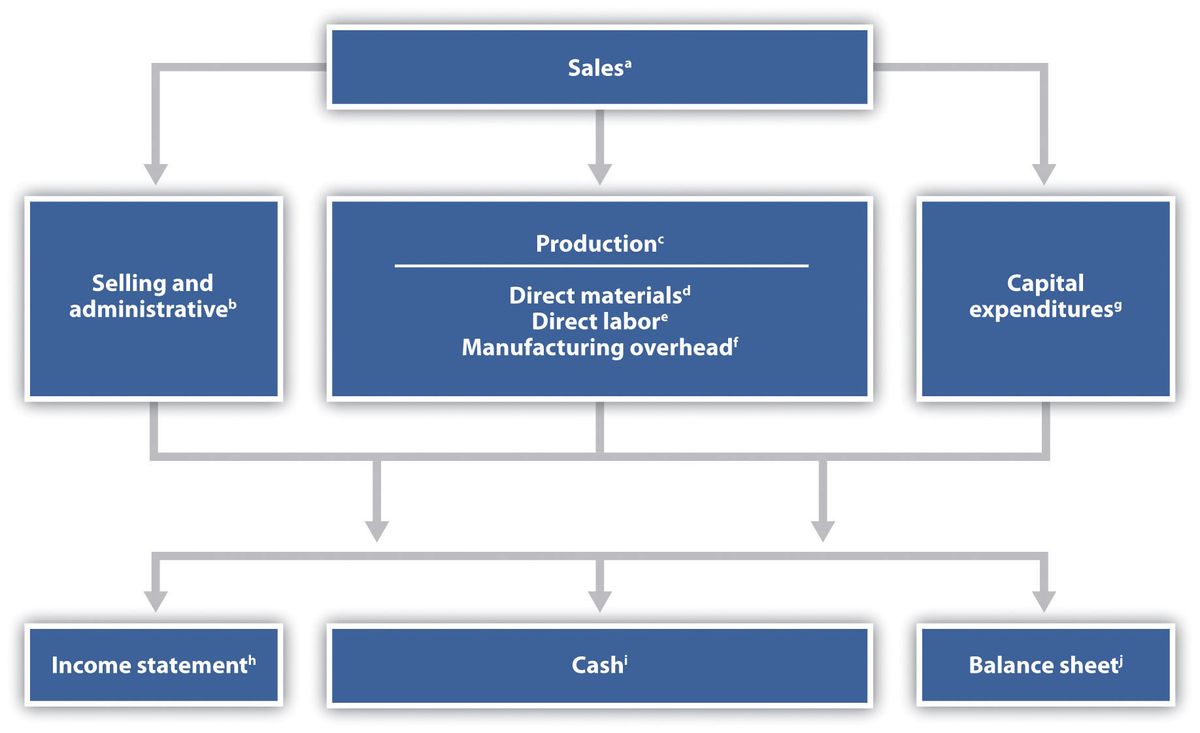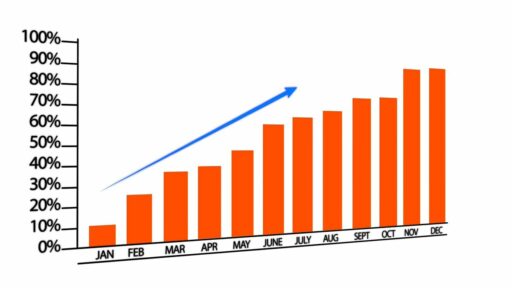In the ever-evolving landscape of personal finance, it’s essential to have a set of strategies to manage your money effectively. Whether you’re just starting out or looking to refine your financial plan, the following five strategies provide a comprehensive guide to achieving financial stability and reaching your goals. From budgeting and managing expenses to investing in financial education, these tactics are designed to help you navigate the complexities of personal finance with confidence.
Key Takeaways
- Create a realistic budget and track your expenses to manage your finances efficiently.
- Focus on reducing and avoiding debt to ensure financial freedom and reduce stress.
- Invest in your financial literacy through continuous education to make informed decisions.
- Develop a savings and investment plan to secure your future and achieve financial goals.
- Maintain financial discipline and regularly set and review goals to stay on track.
1. Budgeting and Expense Management


Effective personal finance management begins with a solid foundation in budgeting and expense management. The first step is to create and stick to a budget that aligns with your financial goals. This involves listing all income sources and allocating funds to necessary expenses like housing, food, and utilities, ensuring you live within your means.
By consistently monitoring your spending patterns, you can identify opportunities to minimize expenses and maximize investments.
To track and manage expenses efficiently, choose a budgeting tool that suits your lifestyle, such as a budgeting app or a simple spreadsheet. These tools can help you keep a close eye on your income and expenditure, preventing you from overshooting your budget and facilitating informed financial decisions.
Consider setting up actionable budgeting categories with corresponding goals, such as:
- Paying off debt
- Saving for retirement
- Increasing income
- Aligning values with spending
This structured approach not only helps in achieving short-term objectives but also lays the groundwork for long-term financial security and generational wealth.
2. Debt Reduction and Avoidance


Managing debt effectively is crucial for maintaining financial stability. Debt can be a significant burden, impacting not only your finances but also your mental well-being. A focused approach to debt repayment, such as the debt snowball or debt avalanche methods, is essential. The debt snowball method involves paying off debts from the smallest to the largest balance, while the debt avalanche targets debts with the highest interest rates first.
To avoid unnecessary debt, it’s important to live frugally and make wise spending decisions. Avoiding consumer debt and paying more than the minimum on credit cards can prevent long-term financial strain.
Timely bill payments are a simple yet effective strategy to manage finances. This habit helps avoid late fees and can improve your credit score, leading to better interest rates. Additionally, reducing recurring expenses by eliminating unused subscriptions can free up funds for other financial goals. Always aim to build an emergency fund to cover unexpected expenses, which is a top way to prevent debt.
Here are some practical steps to reduce and avoid debt:
- Pay your credit card bills and loans on time to avoid extra interest.
- Live within your means and avoid taking unnecessary loans.
- Regularly review and cut unnecessary recurring expenses.
- Save for big purchases instead of relying on credit.
- Continuously improve your financial literacy to make informed decisions.
3. Financial Literacy and Education


Investing in your financial education is a wise move that can lead to better personal finance management and long-term stability. Understanding the basics of budgeting, debt management, and investing is essential for developing robust financial strategies.
Knowledge about personal finance empowers you to manage your money effectively, prioritize savings, and plan for retirement.
Continual learning is key to maintaining and improving your financial literacy. Engaging in activities such as reading books, attending seminars, or exploring relevant articles can significantly enhance your understanding of personal financial management. Here are some steps to improve your financial literacy:
- Start with the basics of personal finance.
- Enroll in financial courses for structured learning.
- Teach and discuss financial responsibility with family.
- Regularly revise your budget and financial plan.
Teaching financial literacy to the next generation is also crucial. It ensures that your wealth is preserved and that they have the tools to manage and grow it effectively.
4. Savings and Investment Planning


Effective savings and investment planning is a cornerstone of sound personal finance management. By breaking your plans into short-, medium-, and long-term goals, you can ensure that your funds are allocated appropriately for each time horizon. For instance, short-term goals might utilize high-yield savings accounts for better accessibility, while long-term savings should be structured to maximize compound interest.
Diversifying your investment portfolio is another critical strategy. It helps to spread risk across various asset classes, ensuring that your wealth isn’t overly dependent on a single investment’s performance. Here’s a simple way to think about diversification:
- Short-term: High liquidity, lower risk
- Medium-term: Balanced risk, moderate growth
- Long-term: Higher risk, potential for significant growth
Investing in personal finance education can significantly enhance your ability to manage money, prioritize savings, and effectively plan for retirement. Understanding the basics of budgeting, debt management, and investing is crucial.
Remember to automate your savings to consistently set aside funds for future needs, investments, and emergencies. This automation, coupled with a commitment to stick to your budget, can help you maintain financial discipline and achieve your financial goals.
5. Financial Discipline and Goal Setting


Achieving financial stability is a journey that requires consistent discipline and clear goal setting. Start by identifying your financial goals, whether they are short-term, like saving for a vacation, or long-term, like planning for retirement. It’s essential to set realistic and achievable goals to maintain motivation and make progress tangible.
Once your goals are set, create a budget tailored to these objectives. This budget should align with your financial capacity, ensuring that you do not overextend yourself. Regularly monitor your spending and income to stay on track.
The commitment to your financial transformation is a long-term endeavor. Stay dedicated to your financial goals and the plan you have set for yourself. As you progress, continue to educate yourself on personal finance management. This continuous learning will empower you to make informed decisions and adapt your strategies as needed.
Financial Discipline Checklist:
- Plan finances thoroughly and create a measurable financial plan.
- Set and budget for realistic goals.
- Monitor spending and income regularly.
- Stay committed to financial goals.
- Continuously improve financial literacy.
Conclusion
In summary, the journey to financial well-being is continuous and requires a combination of discipline, knowledge, and strategic planning. By adopting the strategies discussed, such as living frugally, avoiding unnecessary debt, continuously learning about personal finance, and investing in financial education, you can take control of your finances. Remember, every step towards saving, investing wisely, and revising your budget contributes to a more secure financial future. Start implementing these effective strategies today, and set yourself on the path to achieving your financial goals and building lasting financial security.
Frequently Asked Questions
What are the first steps to managing my personal finance?
The first steps include creating a budget to track your income and expenses, setting financial goals, and educating yourself on financial basics.
How can I reduce my debt effectively?
To reduce debt, prioritize paying off high-interest debts first, consider debt consolidation, and avoid taking on new unnecessary debts.
Why is financial literacy important?
Financial literacy is crucial as it empowers you to make informed decisions about your money, helps prevent costly mistakes, and leads to financial independence.
What should I consider when planning my savings and investments?
Consider your risk tolerance, financial goals, and the diversification of your portfolio. It’s also wise to start with a solid emergency fund before investing.
How do I stay disciplined with my finances?
Staying disciplined involves regular budget revisions, tracking your spending, avoiding impulse purchases, and keeping your long-term financial goals in sight.
Is it better to save for big purchases or use credit?
Saving for big purchases is generally safer and more cost-effective as it helps you avoid interest and long-term debt associated with loans and credit.





